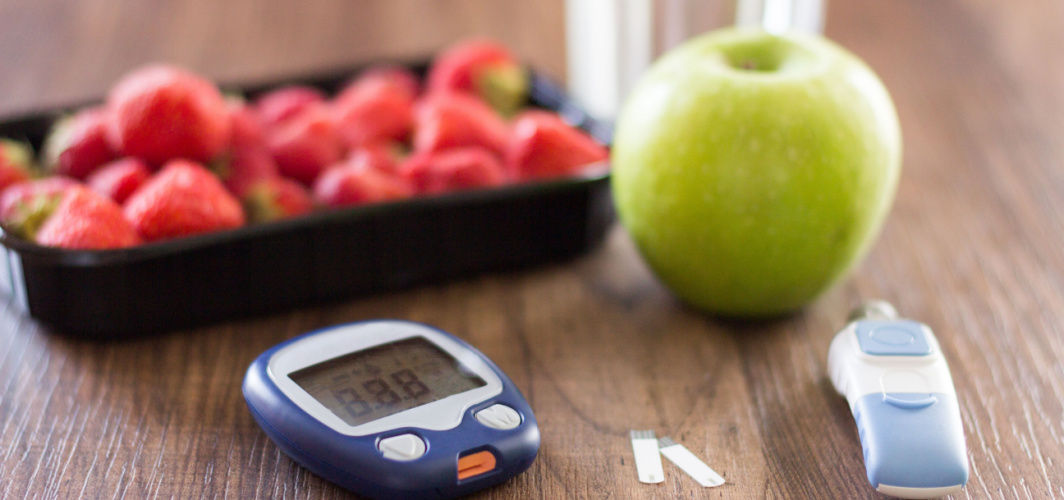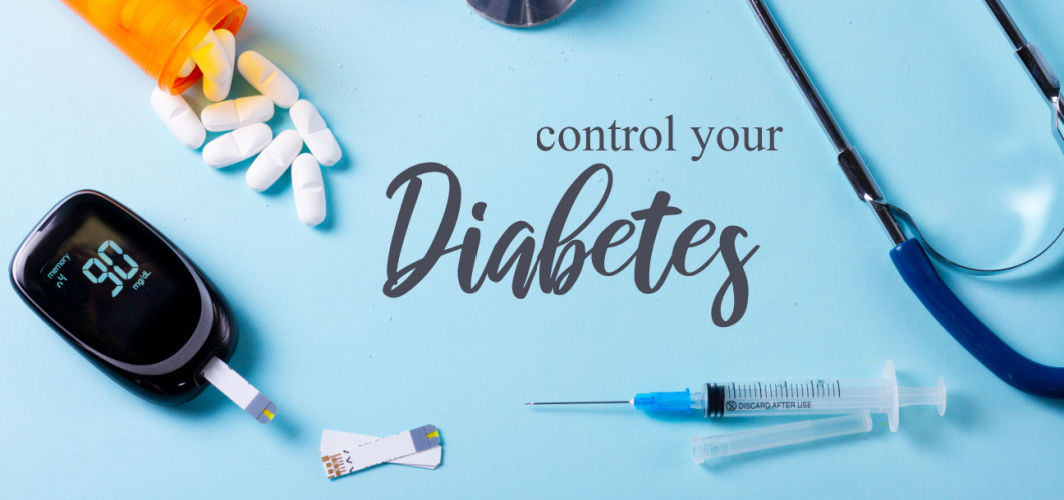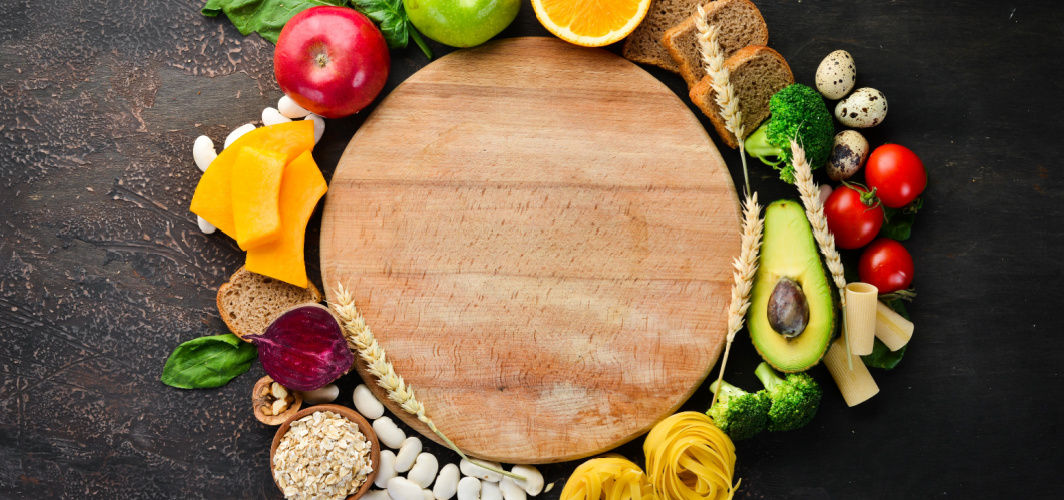Diabetes Management
Should Diabetics Fast in Navratri?
3 min read
By Apollo 24|7, Published on - 20 October 2023, Updated on - 16 September 2025
Share this article
0
1 like

Navratri is a grand festival celebrated across several parts of the country. Though fasting is a way of showing devotion to the goddess Durga, it is imperative for all individuals who are fasting to take care of their health. It becomes even more important for individuals with diabetes to take extra precautions in order to avoid any sugar spikes.
Here are some factors to keep in mind:
Is there an ideal way of fasting?
People follow different methods of fasting during Navratri. While some people fast daily for nine days and eat just once a day, others consume fruits, tea, and fox nuts at regular intervals while avoiding any salt intake. Even though one is fasting, certain foods, such as fruits and nuts can be consumed throughout the day. Individuals must consume food every 3 hours, even while fasting.
Meals During Fasting
- Pre-Fast Meal
The meal preceding the fasting period should contain slow-release calories like complex carbohydrates with a low glycemic index, proteins and a moderate amount of healthy fats. It should be a balanced meal containing unprocessed and unrefined cereals, pulses, lentils, vegetables, fruits, limited oil, and nuts to reduce its glycemic index and retain energy availability for a longer period. Water and fluids should be adequately included to prevent dehydration.
- Meal Pattern
In Navratri, there are no fixed norms for eating patterns and beliefs. They vary from community to community.
- Meal Composition
Follow the plate method during Navratri with timely distribution of carbohydrates throughout the day and you must include all food groups. Complex carbohydrates and low-caloric fluids and beverages must be preferred.
- Meal Frequency
Eating small, frequent meals at regular intervals of about 3 hours is beneficial for diabetic individuals along with choosing healthier options among the foods allowed during fasting.
Sample Meal Plan
|
Early Morning |
1 Glass of Water with Chia Seeds |
|
Breakfast |
Makhana and Nuts with Milk + 1 Apple |
|
Mid Morning |
Boiled Peanuts |
|
Lunch |
2 Singhara Rotis +1 Cup Salad (grated carrot cucumber) |
|
Evening Snack |
Green Tea + ½ Cup Makhana + 2-4 Walnuts |
|
Dinner |
80- 120g Grilled Paneer + 1 Cup Sauteed Veggies in Ghee (1 cup capsicum and carrot) |
Are there some risks involved?
Diabetic people can suffer from hypoglycemia (low sugar), hyperglycemia (high sugar ) or dehydration during fasting. A change in the pattern of diets or medications can cause a sugar imbalance. Hence, it is advisable to be conscious of your diet and avoid consuming excessive carbohydrates after breaking the fast.
Should diabetics take some health measures during fasting?
- Keep your blood sugar levels in check since fasting might cause a sugar imbalance.
- Monitor your blood sugar levels while fasting, after meals, and around bedtime. If you feel uneasy or experience symptoms like sweating, weakness, a fast heartbeat (palpitations), tingling, lightheadedness, numbness in your feet, or frequent urination, immediately check your sugar levels with a glucometer.
- Keep yourself adequately hydrated and consume small meals at regular intervals.
- Focus on concentrated energy sources like nuts and dry fruits, and consider eating whole fruits instead of fruit juices.
- Add dairy products like paneer or curd in the form of buttermilk when you are fasting.
Healthy Navratri Foods:
- Singara Atta (chila,roti)
- Apple/Avocado smoothie or vegetable juices
- Makhana/ Peanuts
Conclusion
It is crucial to remember that everyone's response to fasting is different, and what works for one person may not work for another. Safety and health should be the top priorities for individuals with diabetes. If fasting during Navratri is a significant part of your religious or cultural practise, working with your healthcare provider and a registered dietitian can help you develop a fasting plan that ensures your blood sugar remains well-controlled and stable throughout the fasting period.
Diabetes Management
Consult Top Diabetologists
View AllLeave Comment
Recommended for you

Diabetes Management
Tips To Recognize And Manage Diabetic Emergencies
This article discusses how to recognize and respond to diabetic emergencies, specifically hypoglycaemia and hyperglycaemia. It provides information on the symptoms, causes and treatment of these conditions to help individuals with diabetes manage their health effectively.

Diabetes Management
What Is Pre-diabetes? When Does It Progress Into Diabetes?
Pre-diabetes is a condition in which blood sugar levels are higher than normal but not yet in the diabetic range. It serves as a warning sign, indicating an increased risk of developing type 2 diabetes. Progression to diabetes typically occurs when pre-diabetes is not managed through lifestyle changes. This transition can vary from person to person, but individuals with pre-diabetes can often prevent or delay the onset of diabetes by maintaining a healthy weight, engaging in regular physical activity, and making dietary adjustments to improve blood sugar control.

Diabetes Management
What to Eat to Lower Blood Sugar?
Balancing sugar levels is important for efficient diabetes management. Adding specific foods to your diet can make a significant difference. Fibre-rich foods like whole grains and legumes enable slow sugar absorption. Moreover, non-starchy vegetables and lean proteins help stabilise glucose levels. Additionally, healthy fats and antioxidant-rich berries offer additional support. Cinnamon can be helpful too for enhancing insulin sensitivity. Minimise processed foods with added sugars to ensure that your blood sugar levels stay under control.
Subscribe
Sign up for our free Health Library Daily Newsletter
Get doctor-approved health tips, news, and more.
Visual Stories

8 Fruits That are Incredibly Healthy for Diabetes
Tap to continue exploring
Recommended for you

Diabetes Management
Tips To Recognize And Manage Diabetic Emergencies
This article discusses how to recognize and respond to diabetic emergencies, specifically hypoglycaemia and hyperglycaemia. It provides information on the symptoms, causes and treatment of these conditions to help individuals with diabetes manage their health effectively.

Diabetes Management
What Is Pre-diabetes? When Does It Progress Into Diabetes?
Pre-diabetes is a condition in which blood sugar levels are higher than normal but not yet in the diabetic range. It serves as a warning sign, indicating an increased risk of developing type 2 diabetes. Progression to diabetes typically occurs when pre-diabetes is not managed through lifestyle changes. This transition can vary from person to person, but individuals with pre-diabetes can often prevent or delay the onset of diabetes by maintaining a healthy weight, engaging in regular physical activity, and making dietary adjustments to improve blood sugar control.

Diabetes Management
What to Eat to Lower Blood Sugar?
Balancing sugar levels is important for efficient diabetes management. Adding specific foods to your diet can make a significant difference. Fibre-rich foods like whole grains and legumes enable slow sugar absorption. Moreover, non-starchy vegetables and lean proteins help stabilise glucose levels. Additionally, healthy fats and antioxidant-rich berries offer additional support. Cinnamon can be helpful too for enhancing insulin sensitivity. Minimise processed foods with added sugars to ensure that your blood sugar levels stay under control.
